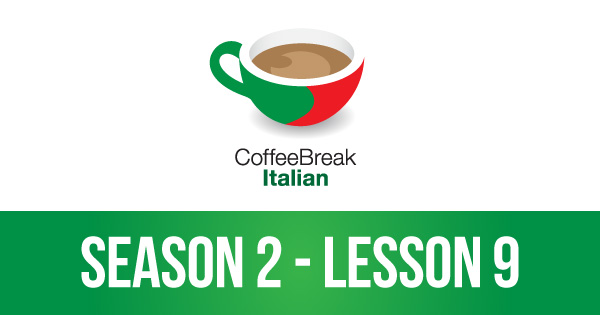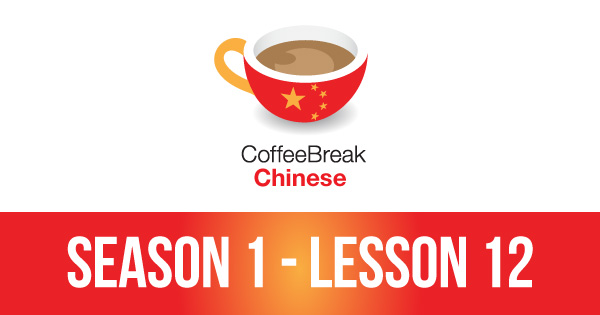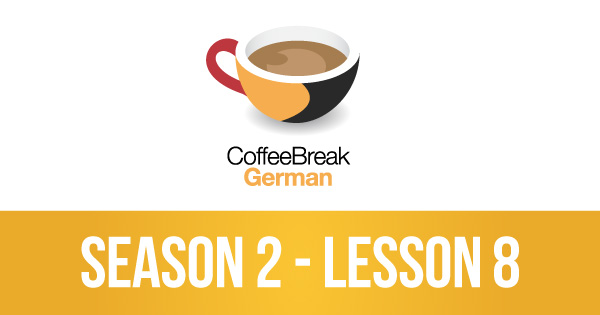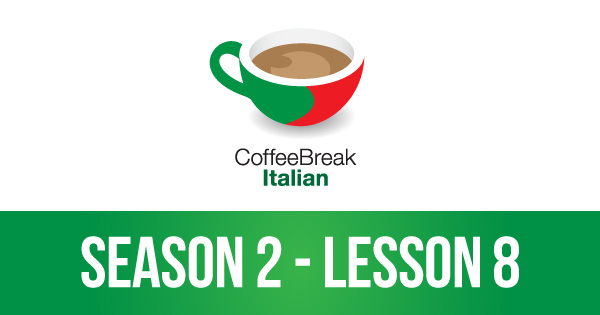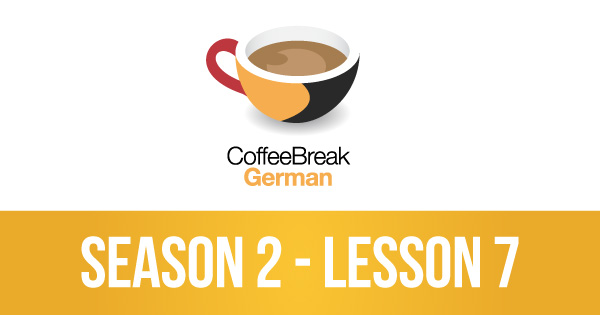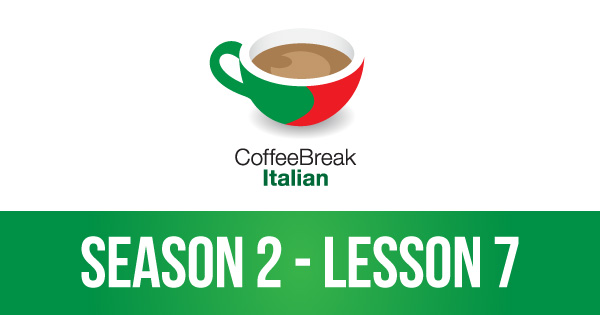Coffee Break French host Mark did a live Q&A broadcast on Facebook last night in which he answered listeners’ questions and made some exciting announcements about future Coffee Break French projects. Watch the broadcast below. Please note we had some technical problems at the beginning of the broadcast, but you can skip ahead to 2:30 and start watching there.
Questions featured in this episode
- How can I build reading skills in French with newspapers and online publications?
- Is it possible to print the lesson notes two pages at a time?
- Is there a way to slow down the French in the podcasts?
- Do you have any resources for younger learners of French?
- Is there anything which bridges the gap between Season 3 and Season 4?
- Can I use an app to listen to Coffee Break French?
- Is Coffee Break French Season 5 coming soon?
A new series is on its way
Mark announced that we’re getting ready to launch a new series of Coffee Break French which we’re calling En Route avec Coffee Break French. In this new series, listeners will join Mark as he travels around French-speaking parts of the world, talking to locals and visitors alike and learning about life in the local area. Each episode will feature a series of interviews and listeners can build their comprehension skills with authentic conversations with French speakers. The En Route avec Coffee Break French podcast will launch in July 2017 and the premium materials will feature extra audio content, video materials and transcripts of all the conversations.
The Masterclass returns
We’ve been moving the Coffee Break French Masterclass into our new Academy and we’ll be relaunching the Masterclass on 1st July 2017. This is a six-month course which offers regular lessons spread over six modules, helping intermediate learners build their understanding and develop key skills in aspects of French grammar. It is aimed at learners who have completed Season 2 or who are working on Season 3. The new Masterclass will be open for registration in June and the course will begin on July 1. The “class of July 2017” will enjoy audio, video and text materials and will be able to contribute to discussions and post their “homework” in a private discussion area. We’ll be running a series of webinars introducing the Masterclass over the month of June and will post more information about these shortly.


